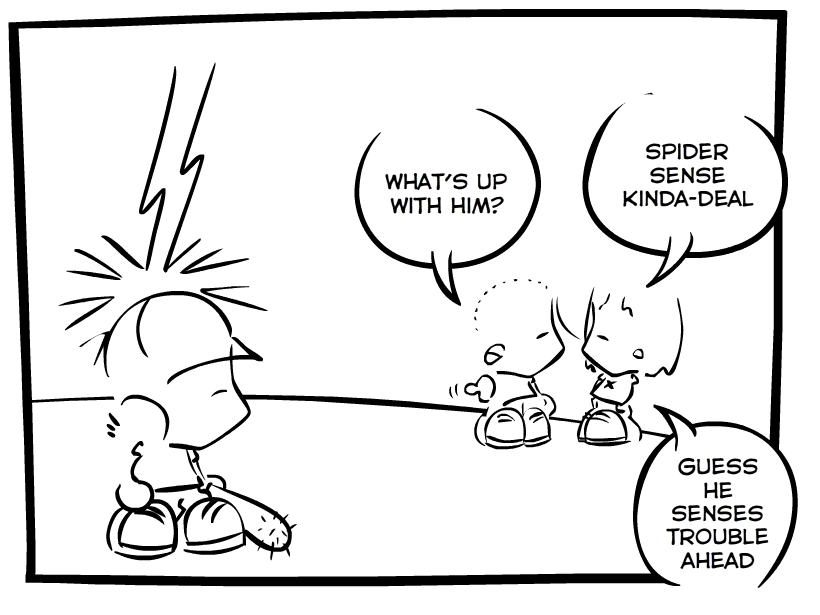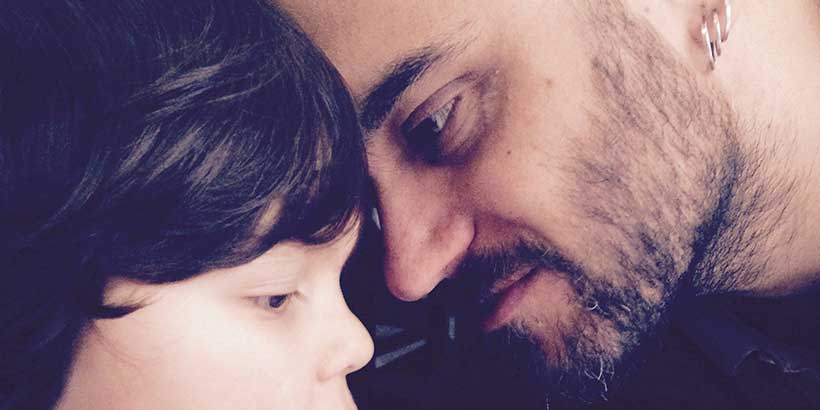#115

...the type of work that prompts questions about how elliptical a story should get, and what amount of meaning a storyteller can expect readers to create...
citação rippada de obra alheia que vem muito a propósito ainda que só o saibam no final...
Já tínhamos fechado para fim-de-semana quando notámos que a última missiva enviada foi a nº 114. Pois. Podíamos então a) prosseguir o plano e não vos entupir a caixa de correio com spam ou b) tentar chegar ao #115 ainda este mês — um belo número redondo — e vangloriarmo-nos no nosso eventual livro de memórias de ter debitado 15 newsletters só no arranque do ano, numa média de uma a cada outro dia quando normalmente precisamos de uns 6 meses para fazer dezena e meia... Bem, adivinhem? Preâmbulo mais que perfeito para resumir contexto:
Here’s the #1 lesson you learn working in advertising (and this has stuck with me, to my advantage, my whole working life): Nobody wants to read your shit. Let me repeat that. Nobody–not even your dog or your mother–has the slightest interest in your commercial for Rice Krispies or Delco batteries or Preparation H. Nor does anybody care about your one-act play, your Facebook page or your new sesame chicken joint at Canal and Tchopotoulis. It isn’t that people are mean or cruel. They’re just busy. Nobody wants to read your shit. There’s a phenomenon in advertising called Client’s Disease. Every client is in love with his own product. The mistake he makes is believing that, because he loves it, everyone else will too. They won’t. The market doesn’t know what you’re selling and doesn’t care. Your potential customers are so busy dealing with the rest of their lives, they haven’t got a spare second to give to your product/work of art/business, no matter how worthy or how much you love it.
in "The Most Important Writing Lesson I Ever Learned" 21 out 2009
E coming full cycle agora:
"When you (...) understand that nobody wants to read your shit, you develop empathy. You acquire that skill which is indispensable to all artists and entrepreneurs: the ability to switch back and forth in your imagination from your own point of view as writer/painter/seller to the point of view of your imagined reader/gallery-goer/customer."
in "The Most Important Writing Lesson I Ever Learned" 21 out 2009
Ora... Quem nos conhece sabe que quando nos nomeiam para prémios, fechamos o site e apagamos a mailing list, um dead giveaway do que pensamos da ideia de criar estratégias de empatia para com os leitores. Que sentido queremos que estes façam da avalanche de merda com que os atulhamos e que eles não leem de qualquer maneira? Plain and simple: we dont, really. This is a game of chicken we play ourselves. E quando parece que alguém nos vai encontrar, shiit: we just dig deeper!

